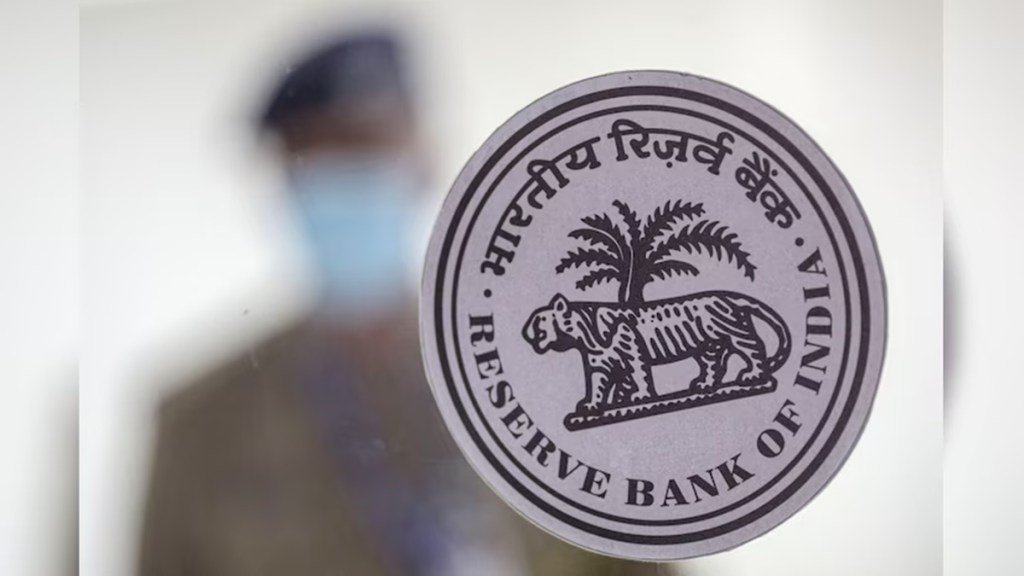
Portugal is a popular and accessible destination for international students looking to study in Europe. The country’s higher education system is divided into public and private institutions, including universities and polytechnics, with a strong emphasis on theoretical knowledge and research.

As the westernmost country in mainland Europe, Portugal is home to 47 universities, 74 polytechnics, and 6 police or military academies. While universities are generally favored by both local and international students for their academic prestige, polytechnics focus more on practical, hands-on learning.
So, what should you know before applying to a university in Portugal? Let’s explore the key details together!
Study in Malta: A Guide for International Students
1. Portuguese universities to consider for your studies
Here are some leading universities in Portugal that you might want to consider for your study abroad experience:
- Universidade Nova de Lisboa
- Instituto Superior Tecnico
- Catholic University of Portugal
- University of Lisbon
- University of Porto
- Católica Lisbon School of Business and Economics
2. Prepare to apply
When searching for degree courses in Portugal, make sure to consider your education level and the language of instruction. Some programs are offered in English, while others may require knowledge of Portuguese.
Before applying, ensure that your high school diploma is officially recognized by a Portuguese embassy or consulate in your home country, or by the local Portuguese embassy. If you have any questions, feel free to reach out to the advisors at the Higher Education Admission Offices for guidance.
3. Where to apply
Undergraduate students
You can apply online through the official Portuguese portal for higher education. The system allows you to select up to six universities or polytechnics, as well as the study programs you wish to apply for, in order of preference.
Graduate students
Submit your application directly on the website of the university you’ve chosen. If required by the institution, you may need to have your documents translated into the appropriate language.
4. Tips about entry exams at Portuguese universities
The admissions process in Portugal typically includes entrance exams, which may vary depending on your country of origin.
If you are an EU citizen or have recently lived in Portugal, you can take the entrance exam during the national exam session. Alternatively, you may be able to substitute this exam with the final exams from your home country, provided they are recognized by the Portuguese embassy in your country.
For students from non-EU countries, they are classified as “international students” and can take the entrance exams locally at the Portuguese embassy in their home country.
5. Language requirements for Portuguese university application
Usually, the following English tests are accepted for admissions:
- PTE Academic
- IELTS Academic
- TOEFL iBT
- Duolingo
- C1 Advanced or C2 Proficiency
It’s important to check with the higher education institution to find out which English language test they prefer and the minimum score required. For universities and polytechnics where courses are taught in Portuguese, you may also need to demonstrate proficiency in the Portuguese language.
6. Required university application documents
- A completed application form
- Proof that you passed the entrance examination (mostly when applying to Bachelor’s degrees)
- A recognised certificate stating completion of high school/Bachelor’s degree
- Transcripts of academic records
- Motivation letter
- Proof of payment of application fee (50 EUR)
- Portfolio (required for some degrees only)
Remember that documents related to your previous studies must be submitted in their original form, along with certified English translations.
7. University application deadlines in Portugal
There are usually three application periods for students planning to study in Portugal, with university courses typically starting in either the autumn or spring. While it’s important to check specific deadlines with the university you’re applying to, general application deadlines are as follows:
- First application deadline: April-May
- Second application deadline: June-July
- Third application deadline: August-September
Keep in mind that these dates can vary by institution, and different degree programs at the same university may have different deadlines. You can expect to receive an official response from the university one to two months after the application deadline.
8. Final steps after receiving your acceptance letter
Studying in Portugal requires a few additional steps after your application is complete:
- Arrange health insurance: Make sure you have international student health insurance coverage for your time in Portugal.
- Apply for a student visa: If you’re coming from outside the EU, you’ll need to apply for a Portuguese student visa.
- Residence permit: Upon arrival in Portugal, you’ll need to apply for a residence permit at your local city council office.
- University enrollment: Once in Portugal, you must officially enroll at the university before starting your classes.
- Scholarships: Consider exploring scholarships like the Studyportals Scholarship to help with funding your studies in Portugal.
By following these steps, you’ll be well on your way to studying in Portugal!




















